Back to Courses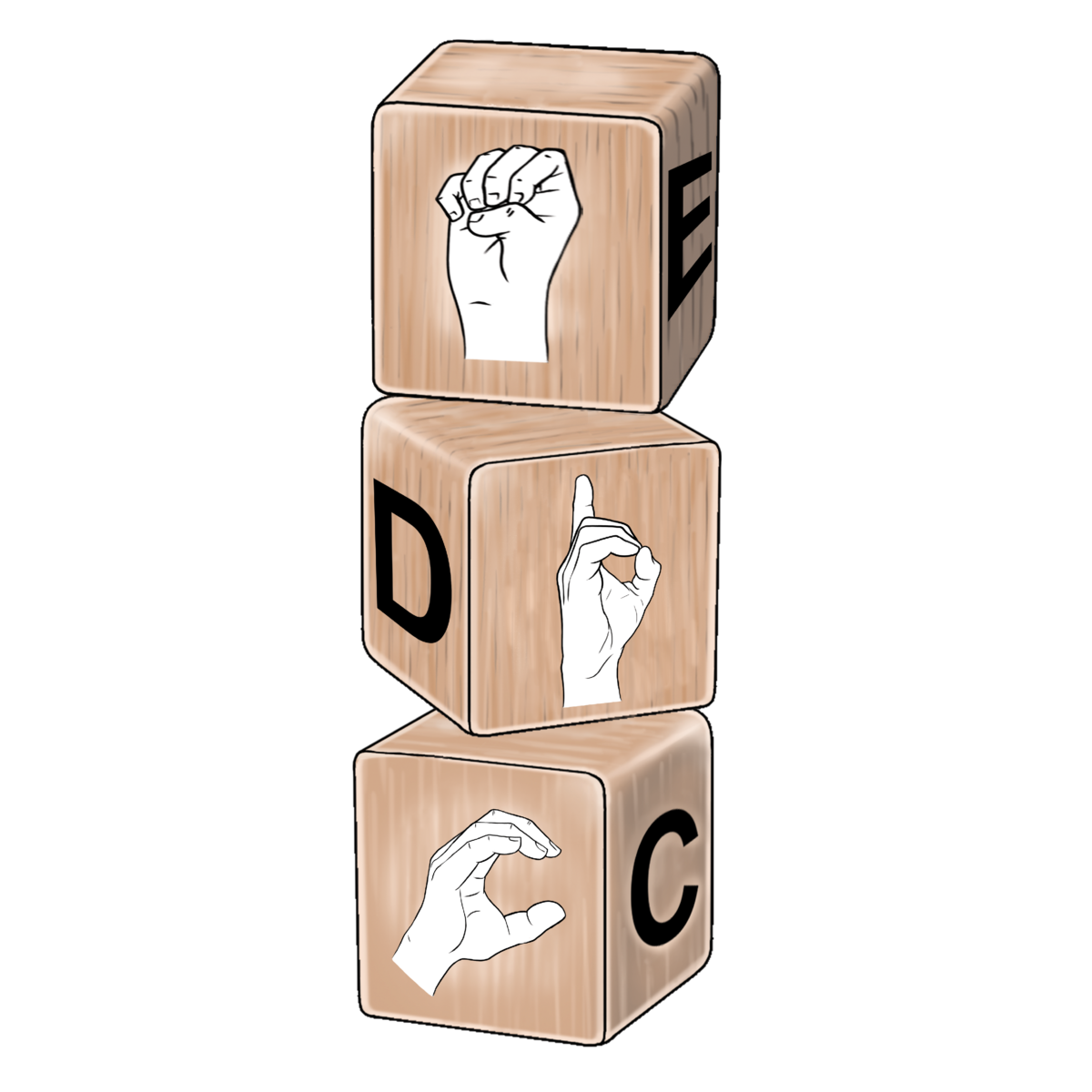


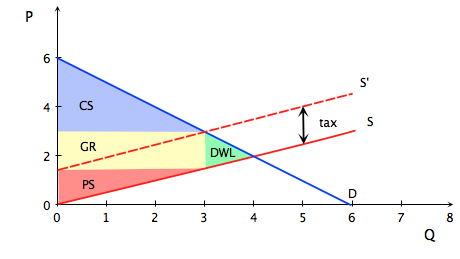
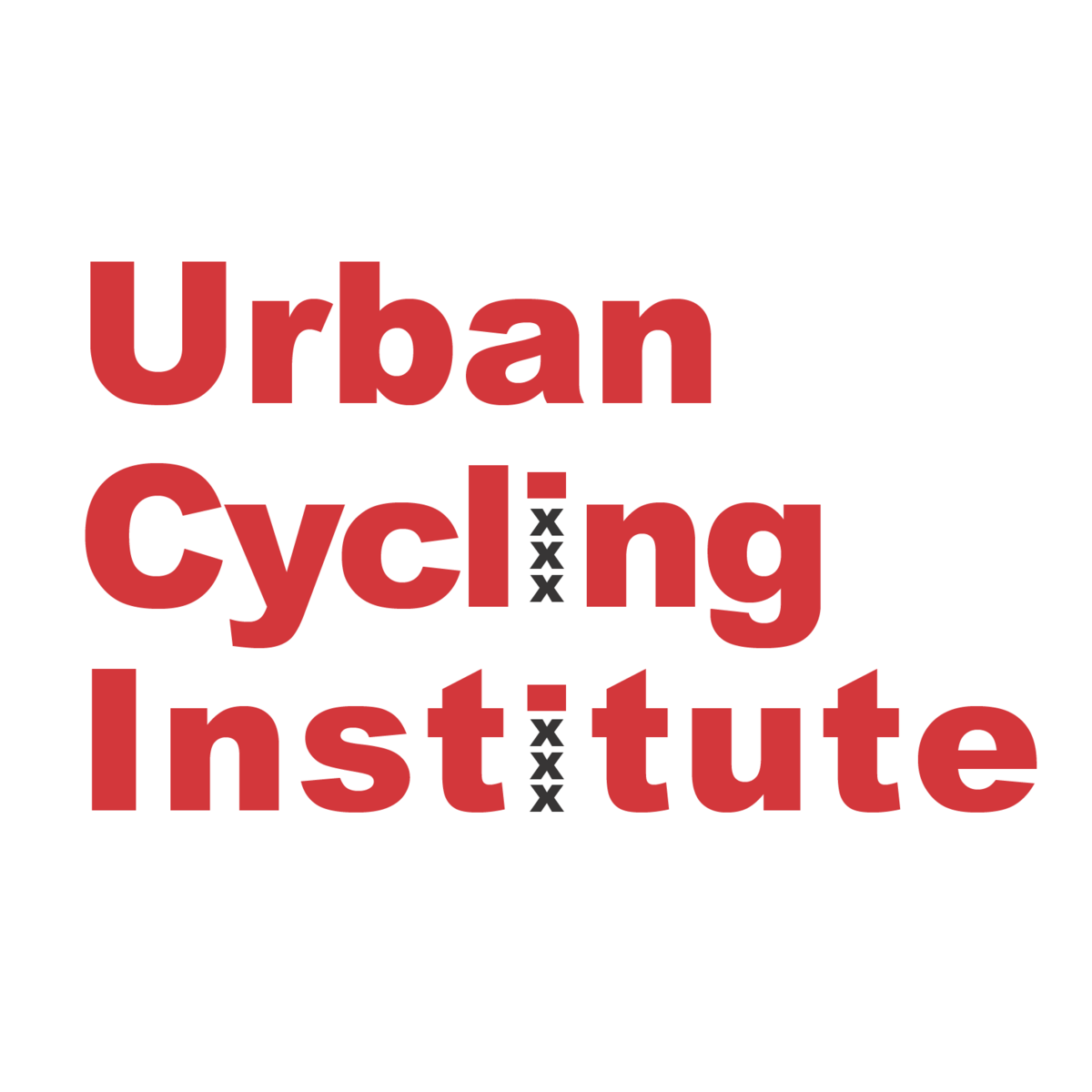
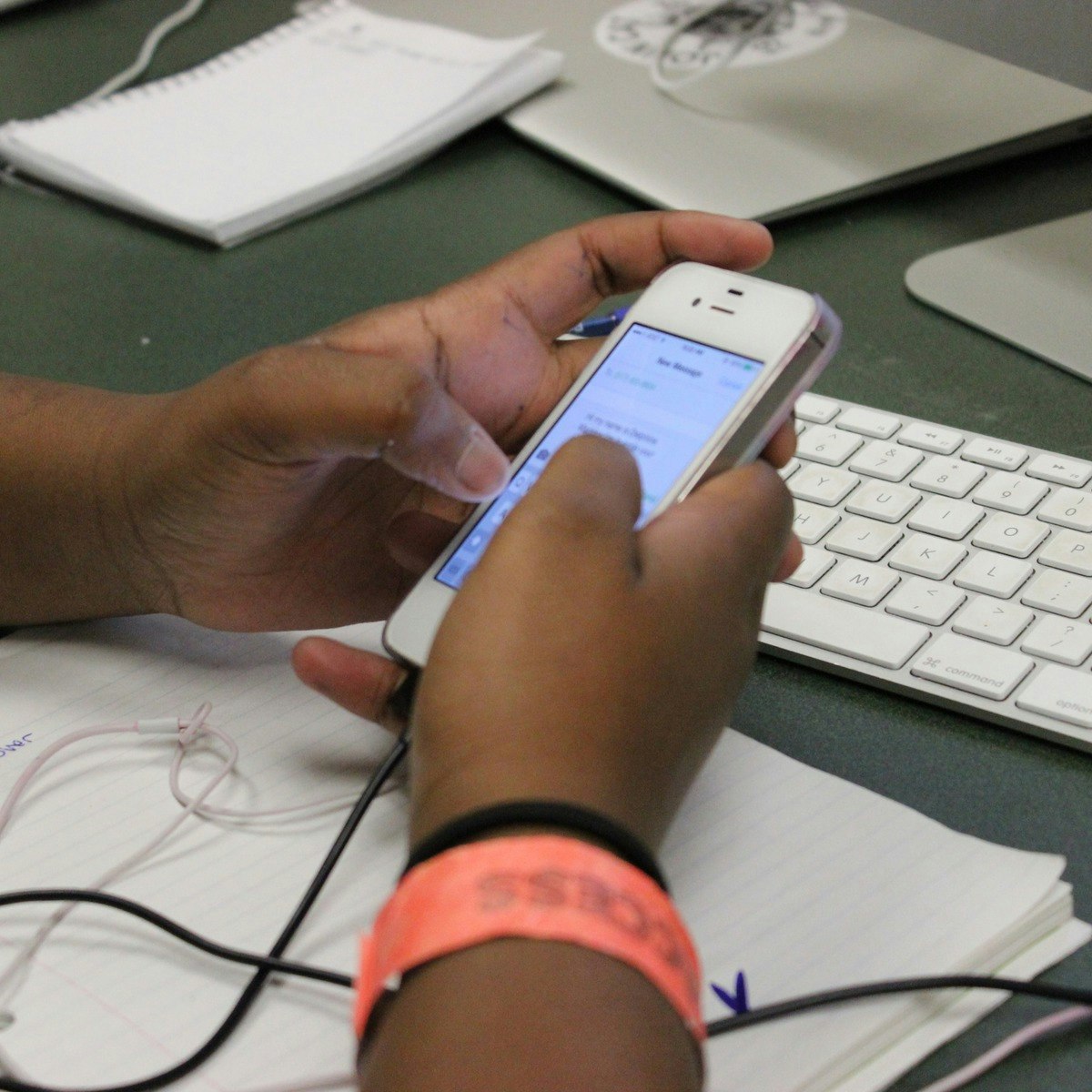

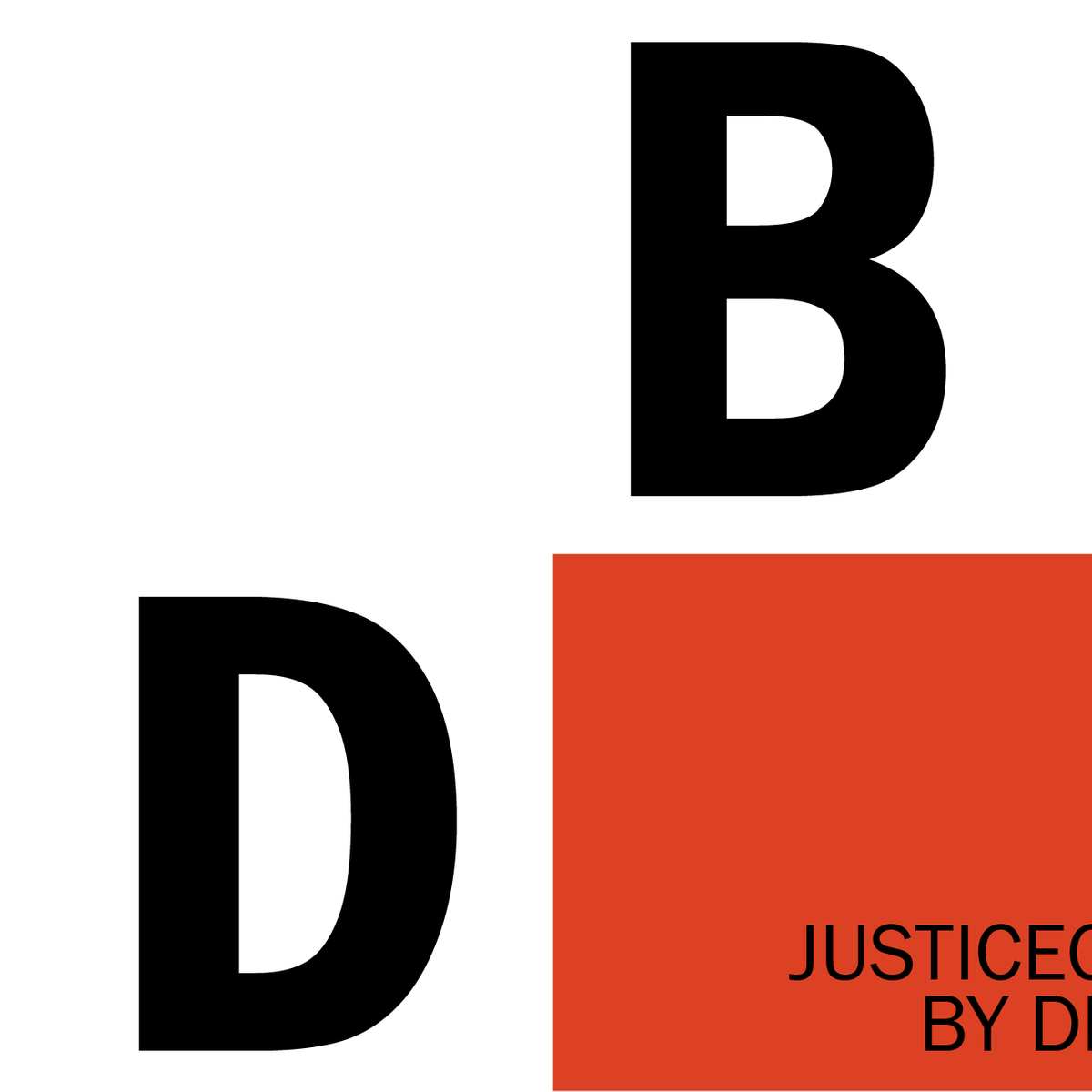


Social Sciences Courses - Page 51
Showing results 501-510 of 672

Educating Deaf Children: Becoming an Empowered Teacher
Many Deaf children around the world still leave school functionally illiterate. In some cases there is no allowance made for education of Deaf children at all. This 4 week course provides you with invaluable knowledge and skills about teaching Deaf children. You will learn about the importance of Deaf culture and community, the need for a language rich environment for the Deaf child from as young as possible, and that having access to sign language can help Deaf children academically, emotionally, and socially. We also cover various accommodations and modifications that you can apply in your classroom and learning environment to create an accessible learning experience for Deaf children. You will also find that a shift in attitude will enable you to connect with Deaf children with more understanding. This course does not teach sign language since each country has its own sign language. We hope that through this course you become an empowered teacher - for yourself, for your fellow teachers, and most importantly, for the Deaf children in your classroom.
You will be able to purchase a Verified Certificate if you wish to show evidence of your achievements, but this is optional, and you may apply for Financial Aid if you are unable to pay the certificate fee.

Virtual Teacher Final Project
The Final Project will be a hands-on, comprehensive project that practitioners of virtual education can implement in their profession. For this final project, learners will draft a design plan for an online learning module utilizing materials learned from the virtual teacher series. Learners will choose the subject matter, method of delivery, tools, instructional strategies, and assessments, with the goal of creating a module of online or blended instruction that meets the needs of their students. Learners do not have to create, develop or teach the online learning module they design.
Upon completing this course, you will be able to:
1. Design a fully online or blended instructional module
2. Apply theories and/or strategies of effective online instruction

Science Communication: Communicating Trustworthy Information in the Digital World
In a world of information overload, how does one find reliable information? Science is supposed to be the answer to our society's complicated challenges. However, as the Covid-19 pandemic highlighted, not understanding what is fake news, misinformation or what is fact may lead to widespread public mistrust, or turn science into fuel for conspiracy theories or propaganda. Scientific findings are prone to change, making it difficult to effectively communicate them to the public. This fosters broad public skepticism towards major institutions, from the government to media to science. So, how can we communicate science effectively? And how can we rebuild trust in science? As a result, it is critical that we reconsider our science communication practices to recover public trust.
This course offers a current overview of science communication. We cover a wide range of topics like fake news, mis- or disinformation, but also how to combat these practices. We explore how major stakeholders (scientists, policymakers, science communicators and citizens) can work together to improve science communication. And we tackle how people and organizations can earn and maintain public trust via effective science communication. We recommend this course to scientists, journalists, policymakers or any learners interested in science communication.
More information can be found at www.trescaproject.eu (This project has received funding from the European Union’s Horizon 2020 Research and Innovation Programme under Grant Agreement No 872855.)

Microeconomics: The Power of Markets
We make economics decisions every day: what to buy, whether to work or play, what to study. We respond to markets all the time: prices influence our decisions, markets signal where to put effort, they direct firms to produce certain goods over others. Economics is all around us.
This course is an introduction to the microeconomic theory of markets: why we have them, how they work, what they accomplish. We will start with the concept of scarcity and how specialization according to comparative advantage helps us achieve more than we could alone. Next we model a marked using the tools of Supply and Demand and learn what well working markets accomplish and what their limit are. We end by exploring the impact of government intervention on perfect markets. Examples are taken from everyday life, from goods and services that we all purchase and use. We will apply the theory to current events and policy debates through weekly exercises. These will empower you to be an educated, critical thinker who can understand, analyze and evaluate market outcomes.

Unraveling the Cycling City
Obscured by its apparent simplicity, cycling is a complex phenomenon. Being an almost perfect human-machine hybrid, cycling is deeply rooted in a plethora of socio-technological systems. Around the world cycling is embraced as an important ingredient to tackle a wide variety of individual and societal challenges. The Netherlands is often seen as an ideal living lab, because cycling has retained its significant share of mobility throughout the country. At the same time, there are large differences in developments across time and space, that allows for a better understanding of potential causal relations. This is also increasingly recognized by (inter)national top tier researchers from many different academic fields. They are uncovering reciprocal relations of cycling with spatial, ecological, historical, social, cultural, economic, biological and political structures. Unraveling the Cycling City bundles the state-of-the-art knowledge that emerges from research and practice on the Dutch cycling system. As such, it provides an easily accessible platform to learn about important causes and effects, to open minds for the complexity of the entire system and to support group deliberations around the world.

Effectively delivering the news to your audience
Being a successful journalist is more than hunting down information. How journalists process the information, then put it together, are key steps for news reports. You will learn the process, planning, requirements of how journalists develop their news reports. There are many ways to report news reports, and you will learn different forms of how to perform reporting and writing to serve different audiences. This course also explains the different formats within journalism, beyond the written word and how they are best utilized.

Economics and Policies of Climate Change
Being aware of the urgency and importance of climate change is not enough to tackle it effectively. To avoid the worst climate outcomes, decisive action has to be taken. But what realistic options do we have? Since our resources are limited, is it better to act now or wait until we have more advanced and less expensive technology? How big do our abatement efforts have to be?
This MOOC will help you understand how economists try to answer these questions and find the optimal course of action. Most important, it will give you the conceptual tools to draw your own conclusions.
In the first part of the MOOC, you will learn about the two main approaches used by economists to determine when and how much we should invest in the fight against climate change. The first method is the net-present-value approach. Here the social discount rate plays a central role in determining optimal policy, by showing how future benefits and costs can be compared and made comparable (‘present-valued’) with expenditures today. In the second approach you will learn how Integrated Assessment Models (IAMs) work. In particular, you will study in detail the strengths and weaknesses of one of the most popular IAMs, the DICE model, developed by Nobel laureate Professor Nordhaus. This model tries to figure out the optimal course of action by providing a simplified account of the science, the technology and the economics of the problem.
The second part of this MOOC then explores the different types of economic policies that decision-makers can adopt. You will be introduced to different methods used to control emissions, such as carbon taxes, regulations and standard-setting. You will also learn about the most developed emissions trading markets around the world and their effects on the economy.
This MOOC is for those who wish to understand the economics of climate change and use this understanding to form their own informed opinion about the policies on which we can rely to tackle it. It is not necessary to have specialized prior knowledge, apart from basic familiarity with economic concepts such as utility functions. We do suggest, however, taking the first MOOC of this specialization before starting this one in order to gain a simple but solid understanding of the physical and technological aspects of the problems.

Designing and Building Institutional Anti-Racist Spaces
Designing and Building Institutional Antiracist Spaces (D-BIAS) is a course whose mission is to teach tenets of equity, anti-racism, and cultural justice and how to apply these ideas to achieve social change.
The course is aimed at educators and administrators in educational spaces, lawyers and advocates in spaces that touch civil rights, equity, and whose Institutional mission it is to achieve greater cultural equity.
The course involves creative approaches to social justice, racial justice, and advocacy while remaining open to anyone from any background who shares the same vision of the world, as social change entrepreneurs.

Responding, Revising and Assessing Student Writings
When writers write, readers respond. Responding to student writing gives teachers one of the most meaningful avenues to help students learn and grow. In this module, learners will identify best practices in effectively responding to student writing. You will also define revision, identify how revision differs from editing, and examine strategies for teaching students how to engage in effective revision. Finally, because writing can also be used for testing, and because all students learn in increments over time, learners will identify a number of strategies for evaluating and assessing student writing, both for individual writings and a student writer’s progress over a period of time. Learners will also consider ways to involve students in both the responding and assessment processes. At the conclusion of this course, learners will have a toolbox full of strategies and practices for these three significant components of any writing class: responding to, revising and assessing student writing.

Logistic Regression&application as Classification Algorithm
In this project, you will learn about Logistic Regression and its application as Classification Algorithm. The project demonstrates the theoretical background of Logistic Regression using the Sigmoidal function. It also explains the suitability of linear vs logistic regression to answer the specific types of research questions. Finally, it covers an implementation of classification algorithm using logit model. The project utilizes the 'Candy' dataset for illustrative purpose.
Popular Internships and Jobs by Categories
Find Jobs & Internships
Browse
© 2024 BoostGrad | All rights reserved